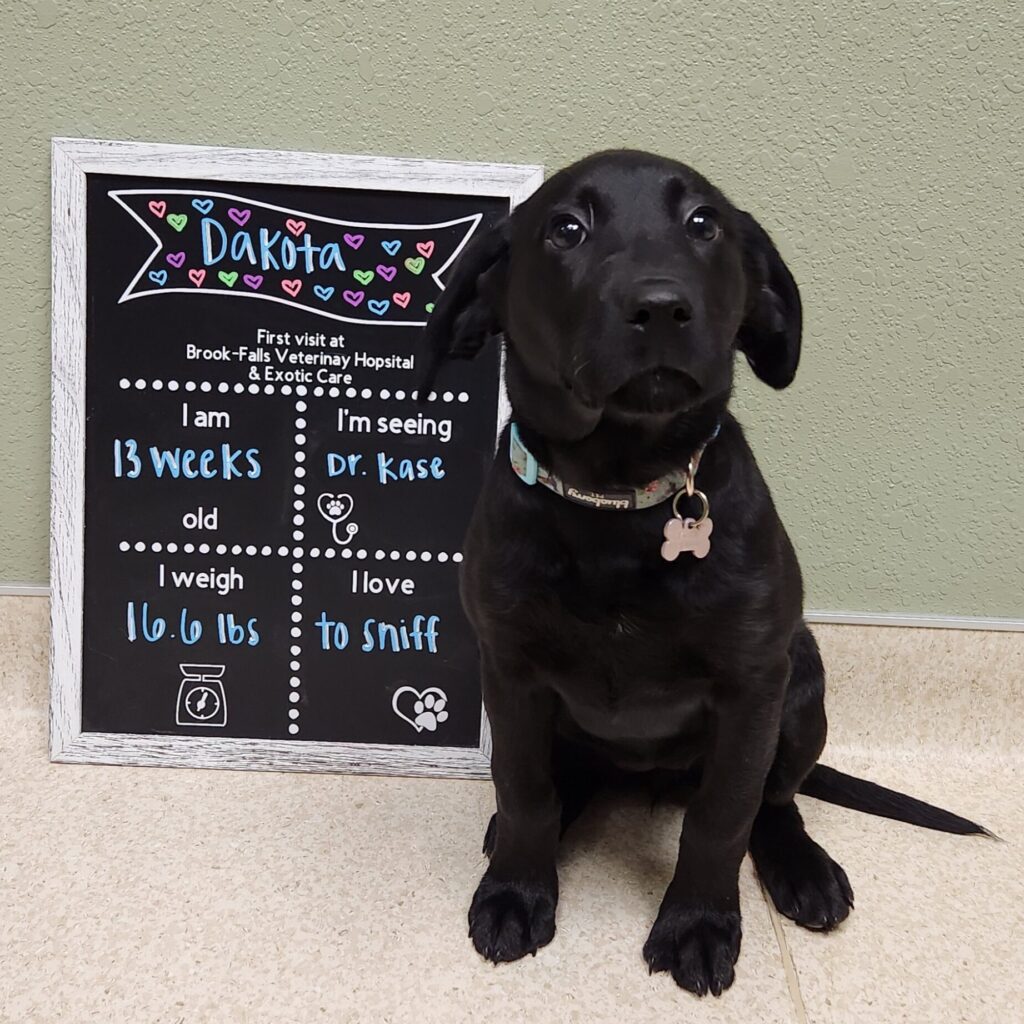
Puppy Care
Your Puppy’s Initial Veterinary Visit: Setting the Tone for a Lifetime
How your puppy experiences its inaugural visit to the veterinary hospital profoundly shapes its future demeanor during subsequent visits. Puppies are keenly attuned to emotional signals from their owners, and your reactions to novel situations serve as a blueprint for their responses.
Thus, you serve as the interpreter, guiding your puppy’s reactions in new or potentially unsettling circumstances, such as its first veterinary encounter! To effectively convey the desired response, mirror the behavior you wish to see in your adult dog.
For instance, if you envision a dog that approaches veterinary visits with tolerance or even enthusiasm, exude cheerfulness and positivity before, during, and particularly after treatment. Should your pup vocalize discomfort during a procedure, maintain a jovial tone until it wags its tail.
Avoid coddling, murmuring soothingly, or petting your pup in a consoling manner, as this may instill worry and apprehension rather than a sense of cheerfulness and matter-of-factness.
This approach extends to various novel situations, including outings to the park for socialization, interactions with children and adults, attendance at puppy kindergarten classes, or encounters with unfamiliar dogs or strangers.
A dog that exudes relaxation and confidence in diverse settings emerges as an exemplary companion and an ideal veterinary patient. We trust that this guide sets a positive precedent for your puppy’s journey ahead!
The essential vaccines that all puppies should receive include DHPP, Lepto, Lyme, and Rabies.
The DHPP vaccine guards your puppy against several viral infections that pose significant health risks, such as Distemper, Hepatitis, Parainfluenza, and Parvovirus. Typically, puppies receive three doses of this vaccine within their first year of life. Recent studies emphasize the importance of administering the final puppy vaccination no earlier than 16 weeks of age for optimal protection against Parvovirus. Subsequently, a booster shot is administered one year later, followed by vaccinations every three years.
Leptospirosis is a bacterial infection that poses severe health threats to both pets and humans. Pets are vulnerable to this infection when they come into contact with the urine of wild animals, making every outdoor animal susceptible. Vaccination against all four strains of Leptospira, included in the second and third DHPP vaccines administered in the first year of a puppy’s life, is crucial. Subsequent annual vaccinations are recommended to maintain protection.
In our region, Lyme vaccination is now considered essential due to the significant increase in Lyme disease cases among pets and humans. Lyme disease, a serious bacterial infection transmitted by ticks, poses a risk to puppies aged 9 weeks or older. The initial vaccination series consists of two doses administered 2-4 weeks apart in the first year, followed by annual boosters.
Rabies vaccination, the final core vaccine, is typically administered during the last round of vaccinations at 16 weeks of age. A booster shot is given after one year, followed by vaccinations every three years.
Additionally, optional vaccinations such as Bordetella (Kennel Cough) and Canine Flu are available for consideration. Bordetella vaccination protects against a respiratory disease known as Kennel Cough, which poses a risk to puppies in close contact with other dogs in boarding facilities or grooming establishments. It can be administered as a nasal spray every 6-12 months or as a series of two subcutaneous injections initially, followed by annual boosters as needed. Canine Flu vaccination guards against the highly contagious influenza virus and is recommended for puppies aged 7 weeks and older. A series of two injections, 2-4 weeks apart, is followed by annual boosters for continued protection.
What’s the optimal food choice for your puppy’s growth?
It’s a critical question. We recommend opting for a name-brand puppy food made by a reputable national dog food company rather than a generic brand. Look for foods certified as complete and balanced by independent organizations like AAFCO in the United States or the Canadian Veterinary Medical Association (CVMA) in Canada. These certifications ensure that the food meets the necessary nutritional requirements.
Puppy food comes in dry, canned, and semi-moist formulations, all suitable options as long as they are labeled for growth or specifically as puppy food and are complete and balanced. Dry food, being cost-effective and convenient, is a popular choice, although we recommend meal feeding to regulate intake and aid in housebreaking.
Semi-moist foods can be acceptable depending on their quality but tend to be high in sugar, potentially leading to finicky eating habits if fed exclusively. Canned foods, while appealing to puppies with their texture and taste, may spoil if left out for too long and are best served as meal feedings.
We advise against feeding table foods to your puppy as they may lead to dietary imbalances and picky eating habits. Most dogs prefer consistency in their diet, so don’t feel guilty if your puppy happily sticks to one type of food.
When it comes to treats, choose wisely. While treats are a common addition to a dog’s diet, they are rarely complete and balanced and can be high in salt, fat, and artificial additives. Opt for crunchy biscuit-type treats and read labels carefully to avoid harmful ingredients.
Supplements should only be given under the guidance of your veterinarian to prevent nutrient excesses. Puppies require plenty of calories and fresh water for growth, with feeding frequency gradually transitioning from three meals a day at around 3 months old to two meals per day as they mature.
Your puppy’s diet is one of the most significant contributions to their health, so make informed choices and don’t hesitate to consult with us for nutritional advice.
Explore Our Complete List of Veterinary Services in Menomonee Falls
- Grooming Services
- Wellness Plans
- CT Scan
- Rabbits
- Guinea Pigs
- Ferrets
- Exotic Diagnostic Imaging
- Exotic Boarding
- Wing Clipping
- Bird Wellness Appointments
- Bird Nutrition
- Bearded Dragons
- Bird Identification
- Dog Spay & Neuter
- Dog Surgery
- Dog Senior Wellness
- Dog Microchipping
- Dog Laparoscopic Surgery
- Dog Flea & Tick
- Dog Diagnostic Imaging
- Dog Dental
- Kitten Care
- Kitten Behavior & Socialization
- Cat Vaccines
- Cat Surgery
- Cat Spay & Neuter
- Cat Nutrition
- Cat Heartworm
- Cat Flea & Tick
- Cat Diagnostic Imaging
- Cat Intestinal Parasites
- Cat Dental
- Pharmacy
- Dental Care
- Surgery
- Laser Therapy
- Advanced Diagnostic Imaging for Pets
